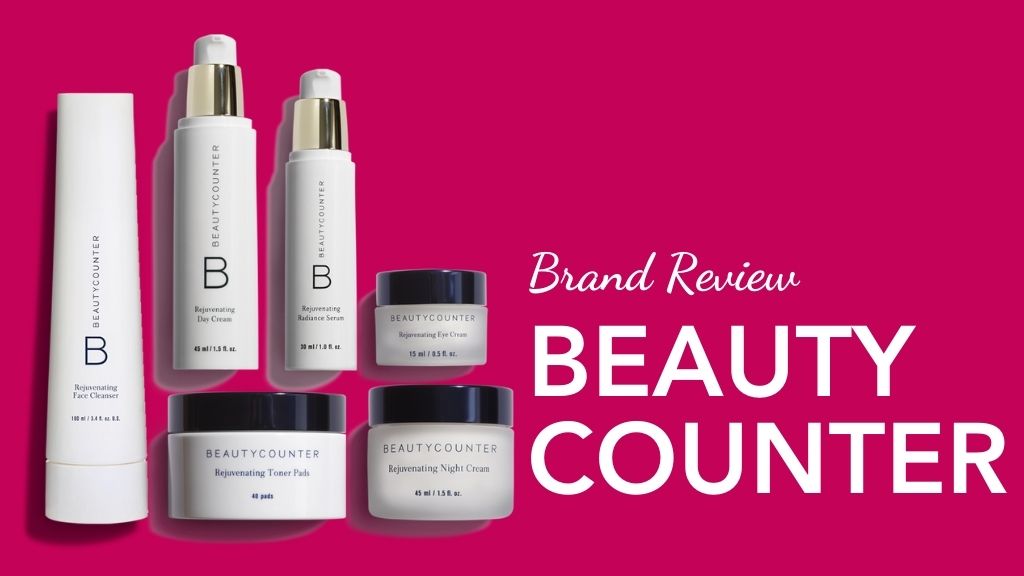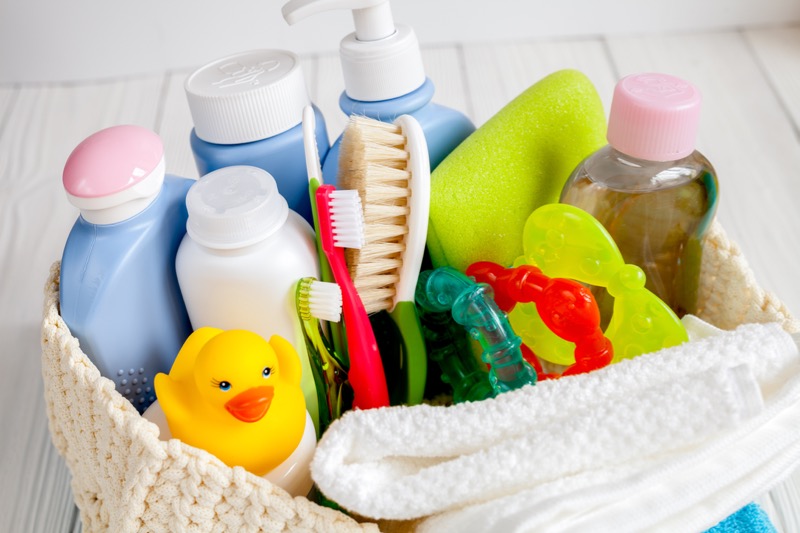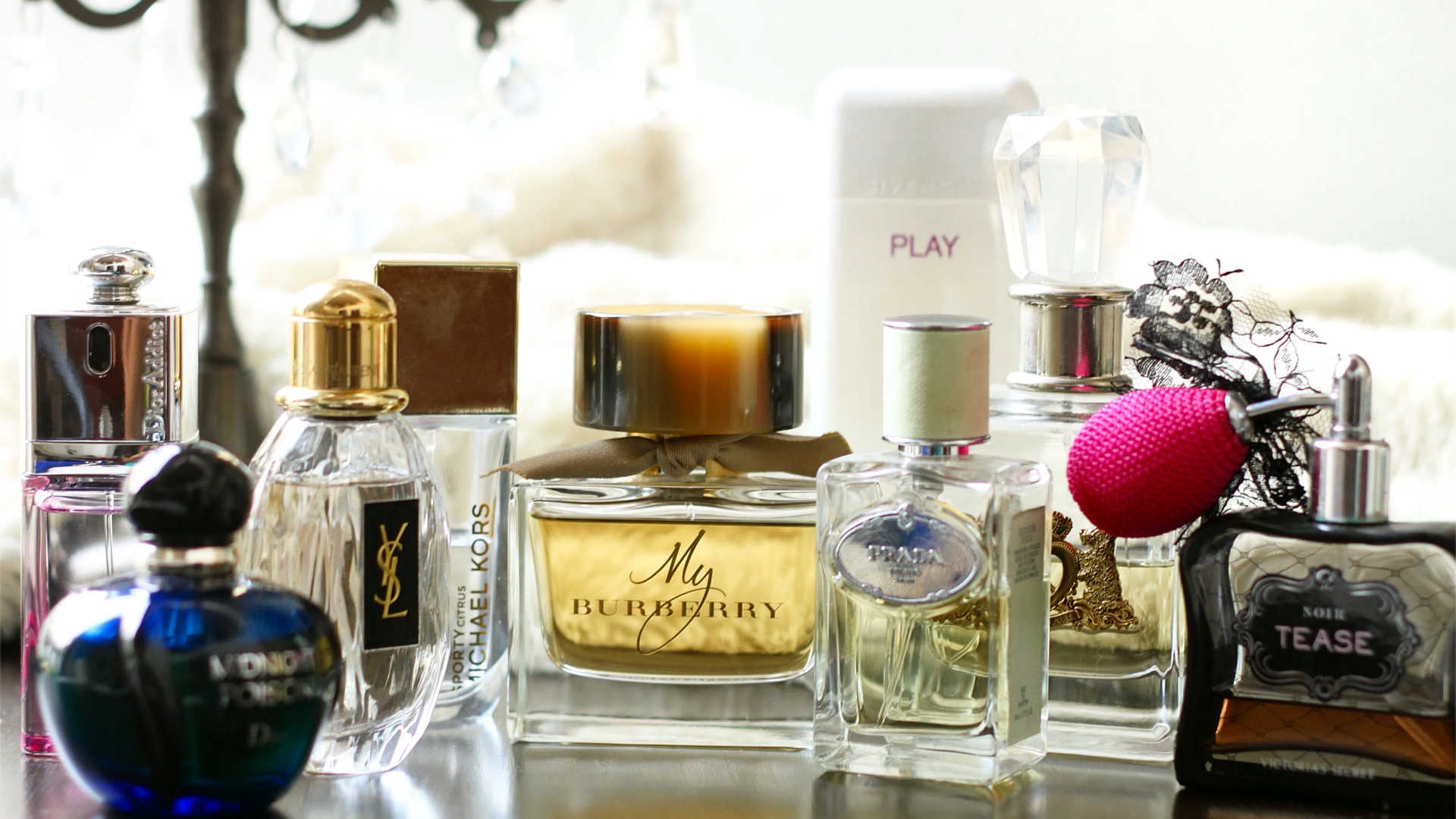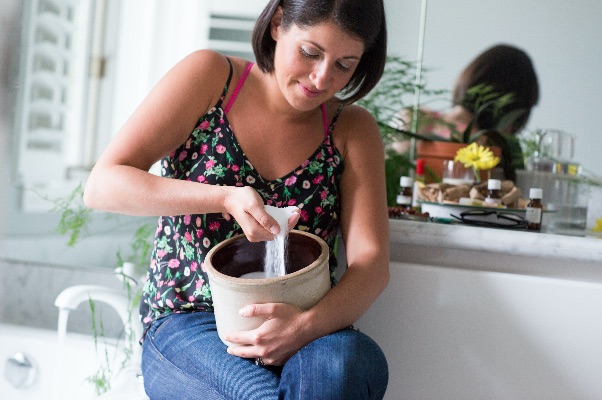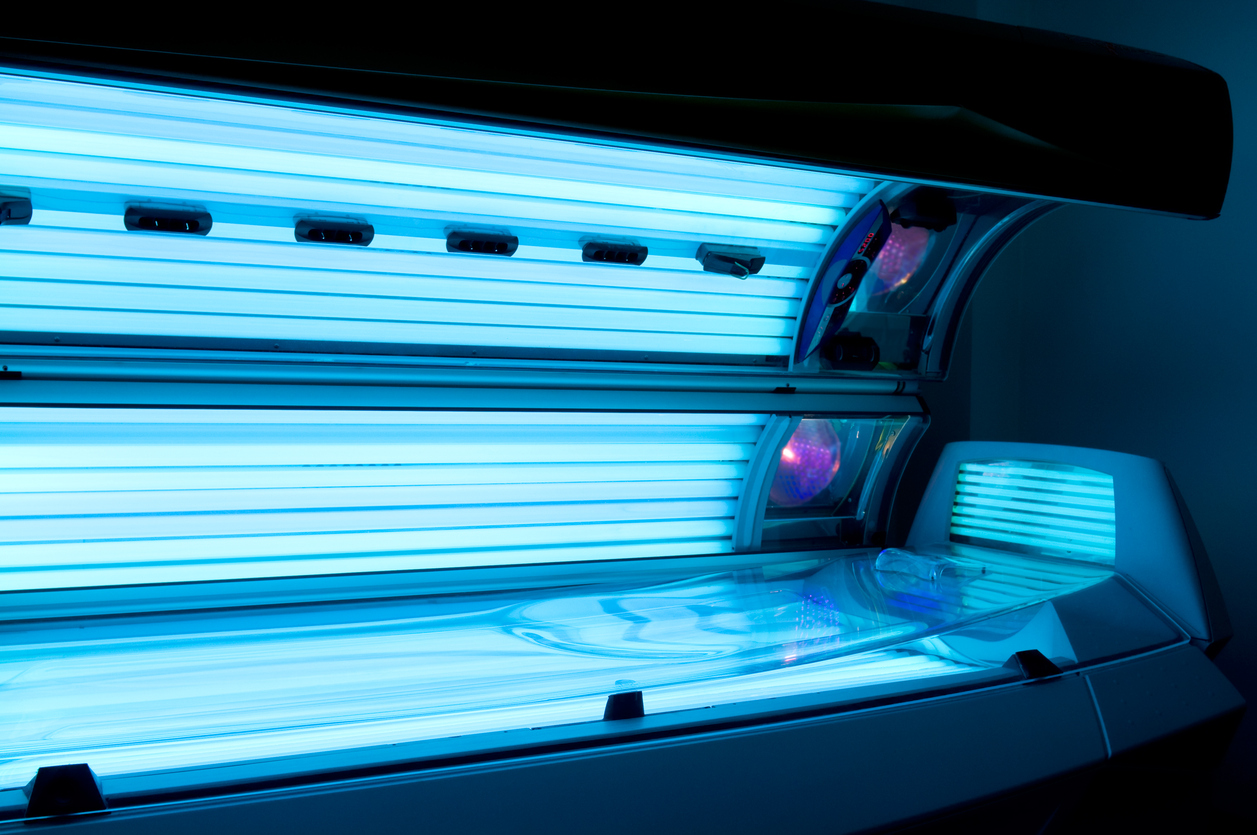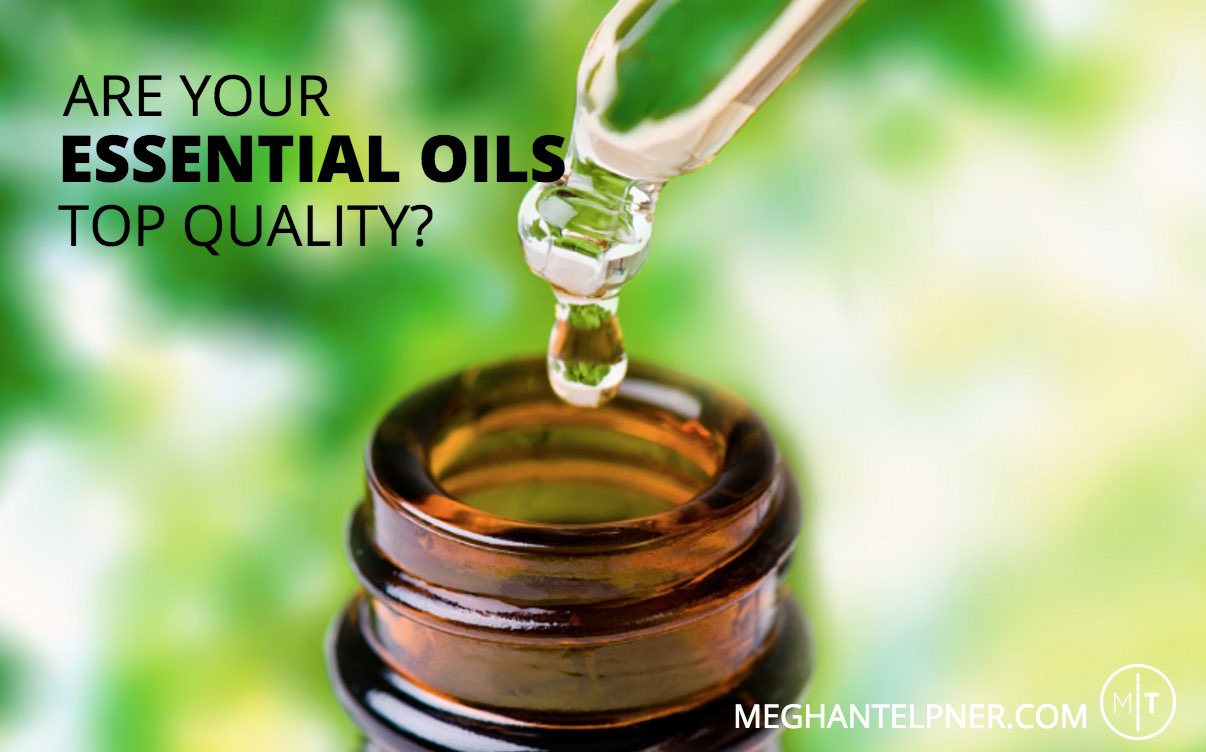Can You Get Cancer From Deodorant? How To Choose A Good One
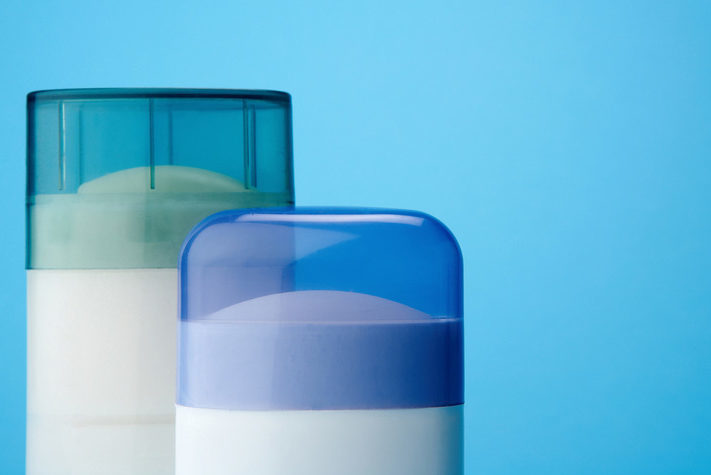
We wear deodorant and/or antiperspirant to keep us from sweating through our clothes and to keep us smelling sweet. Obviously, this is important if we want to keep our jobs, friends and lovers. But is it worth severely disturbing our health?
With most personal care products or cleaning products, it’s easy and seamless to switch to a natural version without compromising effectiveness. However, one exception that my community keeps complaining about are natural deodorants – they fail you and so you keep going back to your old tried and tested favourites. Unfortunately, conventional deodorants and antiperspirants can be one of the most harmful items in our beauty care regime.Deodorant vs Antiperspirant: What’s the Difference?
Deodorants only mask the odor, while antiperspirants are designed to prevent or reduce sweating in the first place.Health Effects of Common Deodorant/Antiperspirant Ingredients
The amount of ingredients in conventional deodorants and antiperspirants are numerous, but here are some of the top ingredients that I’m concerned about.- Aluminum: It affects central nervous system function and is linked to Alzheimer’s disease and breast cancer (more on cancer below).
- Propylene Glycol: This ingredient can cause skin rashes and contact dermatitis. It may also cause damage to the kidneys and liver, as well as neurotoxicity in children.
- Fragrance: Fragrances trigger allergic reactions, respiratory issues like asthma, headaches and hormonal disruptions. You can read an extensive report on the health risks of fragrance, including assessments of popular products, right here. The Canadian version is here.
- Talc: Talc is linked to cancer, especially when inhaled or applied topically on our naughty bits. Scientific studies have shown that routinely applying talcum powder to the genital area may be linked to the development of ovarian cancer.
- Mineral Oil: It coats the skin like a plastic film, clogging pores and preventing the skin from eliminating toxins, which can lead to acne and other skin disorders. It may increase our cancer risk as well.
Can You Get Cancer From Deodorant?
We have about 600 lymph nodes in the body. Two hundred are in the neck and about 20-40 in the armpits. We tend to clog up our neck region with perfume and essentially cork our sweat glands in the armpits. Our lymph system runs parallel in most cases to the bloodlines in our body and is our primary defence against infection. The lymph system is vital in getting the crap out of our body – detoxing, if you will. This serves as a superhighway for toxins and also can be for cancer cells. Cancer cells can break off from the original tumor and spread through the lymph system to distant parts of the body where secondary tumors are formed. One job of the lymph nodes is to clean the lymph by trapping foreign cells, such as bacteria or cancer cells, and identifying foreign proteins for antibody response and then aiding in the elimination of the bad guys. What happens when we block the glands in our armpits from functioning properly? Our breasts are right there, ready to catch the waste. Toxins like to make their home in fat cells and we have fat cells aplenty in the bosom. Could there then be a link between antiperspirants and breast cancer? There are studies that are inconclusive, while others claim there is no risk to using deodorant or antiperspirant. However, I invite you to consider the following:- This review in Breast Cancer Research notes that there has been a rise in cancers, cysts and other abnormalities in the upper outer quadrant of the breast. This is typically where antiperspirants and deodorants are applied, leading the author to suggest there may be a connection between these products, the absorption of endocrine-disrupting chemicals and cancers.
- This study, which measured aluminum levels in breast tissue, found that women using underarm cosmetic products (UCPs) were at a higher risk of breast cancer due to the accumulation of aluminum in the breasts. The authors advised that women, especially under the age of 30, “should be careful with the use of UCPs and avoid its excessive use.”
- This study noted that the absorption of hormone-disrupting chemicals in aluminum-based antiperspirants can lead to hormonal cancers. It suggests the worldwide rise in antiperspirant use parallels an increase in breast and prostate cancer occurrences.
- This examination of cancer cell cultures concluded that aluminum exposure can boost the spread of breast cancer cells.
Free Resource Library
Enjoy more than 40 downloadable guides, recipes, and resources.
The Root Causes of Sweating
Sweating is a natural process. Some of us sweat more and some of us have odor that is stinkier than others. Our skin is one of our largest elimination organs, so if there is something amiss internally our pores will try to excrete it. If you are worried that your body odor is out of control, there may be a few things you can do to troubleshoot before reaching for antiperspirant. Some factors affecting sweat include:- Outside/inside temperature
- Nervousness or anxiety
- Medical conditions such as obesity, liver + kidney disease, thyroid issues and diabetes
- Diet
- Alcohol consumption
- Genetics
- Ineffective elimination or constipation
- Microbiome/bacterial composition
Natural Alternatives to Deodorant + Antiperspirant
As I mentioned earlier in this post, natural deodorants can be a tough sell for many of you. My first piece of advice is to keep trying different brands of natural deodorants. There won’t be one brand or type that will work well for everyone. We all have different chemistry. You can also try experimenting with making your own deodorant using the recipe at the bottom of this post. It’s inexpensive and easy to make, plus you can customize using your favourite essential oils.Essential Oils Perfect For Deodorant
- Sandalwood
- Lavender
- Peppermint
- Cinnamon
- Lemongrass
- Lemon
- Tea tree
- Bergamot
- Cypress
- Showering after exercising or being out in the heat
- Wash your clothes often, especially after you’ve been sweating
- Keep your underarms as dry as possible
- Try infrared saunas, which can help you eliminate toxins through your sweat
- Change up your diet and try detoxifying foods
- Drink plenty of water
- Try skin brushing, which helps to move your lymph
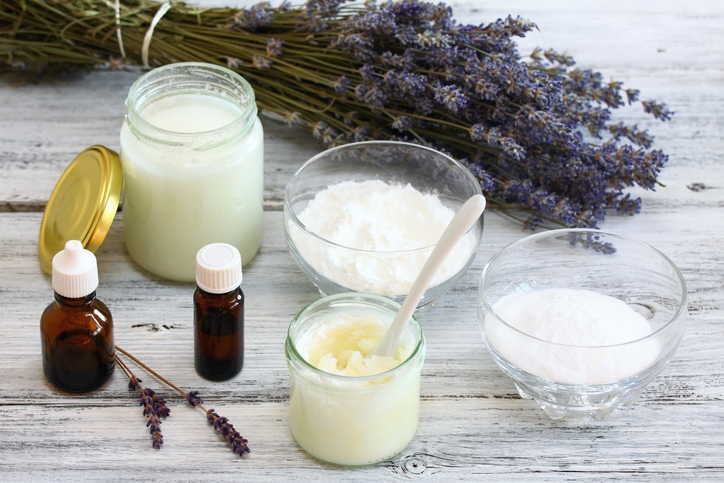
Natural Deodorant
- Total Time: 6 mins
- Yield: 3/4 cup 1x
Description
An easy, customizable deodorant recipe.
Ingredients
Scale
- 1/4 cup + 2 Tbsp coconut oil
- 1/4 cup baking soda
- 1/4 cup arrowroot powder
- 10–15 drops of favourite essential oil
Instructions
- Melt the coconut oil in a small pan over low heat.
- Pour the oil into a bowl and add in the baking soda, arrowroot and essential oils.
- Store the oil in a sealed container and use as needed.
- Prep Time: 5 mins
- Cook Time: 1 min
- Category: Beauty Care
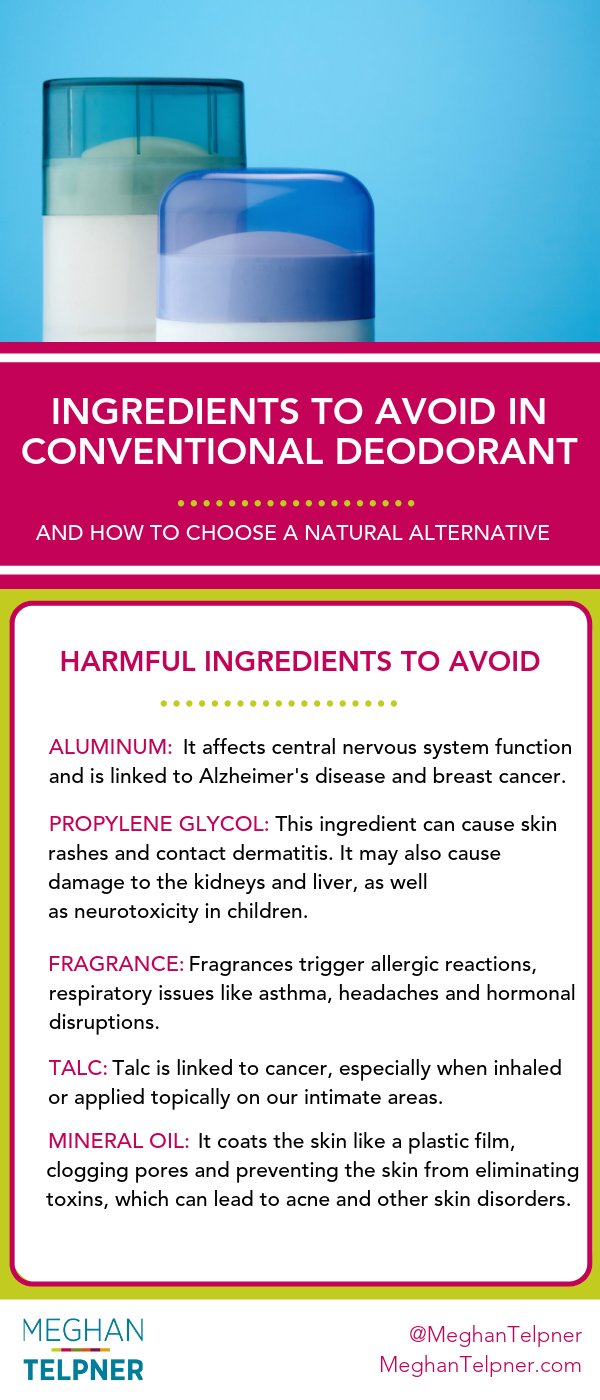
Image: iStock Svehlik
Free Resource Library
Enjoy more than 40 downloadable guides, recipes, and resources.

















